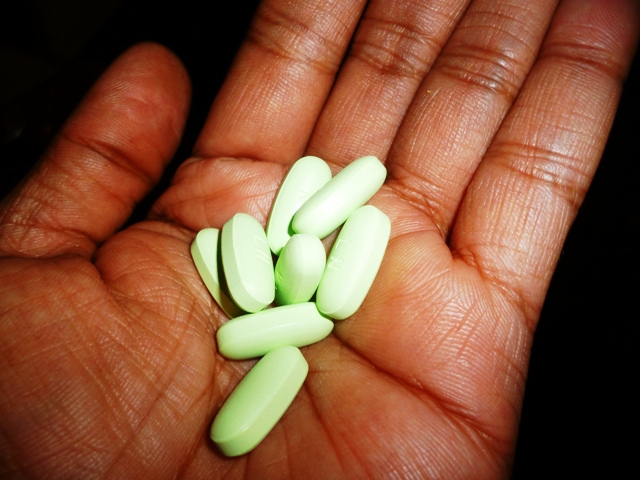Juvenile idiopathic arthritis (JIA) is an autoimmune disease–the body’s immune system attacks its own tissues, resulting in pain and inflammation. The disease commonly occurs in children between the ages of six months and sixteen years. Early signs of the disease include pain, swelling, or stiffness in the joints and symptoms include fever, rashes, and eye inflammation.
Image Source: Steve Dunwell
“The reasons why certain children develop JIA remains poorly understood. Previous studies have shown that genetics explains less than half of the cases of JIA. Other studies have not consistently identified any one particular environmental trigger. Given the potential role of the microbiome and antibiotic use in the development of other pediatric autoimmune diseases, we aimed to determine whether antibiotics were associated with newly diagnosed JIA.”
– Daniel Horton, MD (Lead Author)
New research presented at the American College of Rheumatology Annual Scientific Meeting in Boston shows that there is a link between antibiotic use in children and an increased risk of JIA. The study focused on 153 children with the disease. Researchers found that the link between antibiotics and JIA remained similar among various classes of antibiotics, and children who were exposed to multiple courses of antibiotics had an even higher risk of developing the disease. This association, however, did not hold for JIA and other antimicrobial drugs like antiviral medication. The age at which they were exposed to antibiotics did not have a significant effect on this risk.
Antibiotics are often wrongly or over-prescribed to patients because they are used as treatment for the common cold, upper respiratory tract infections, and bronchitis, which are all conditions that antibiotics are typically unable to treat. The results of this study indicate that avoiding antibiotics may play an important role in preventing JIA.
Feature Image Source: Antibiotics by Iqbal Osman










